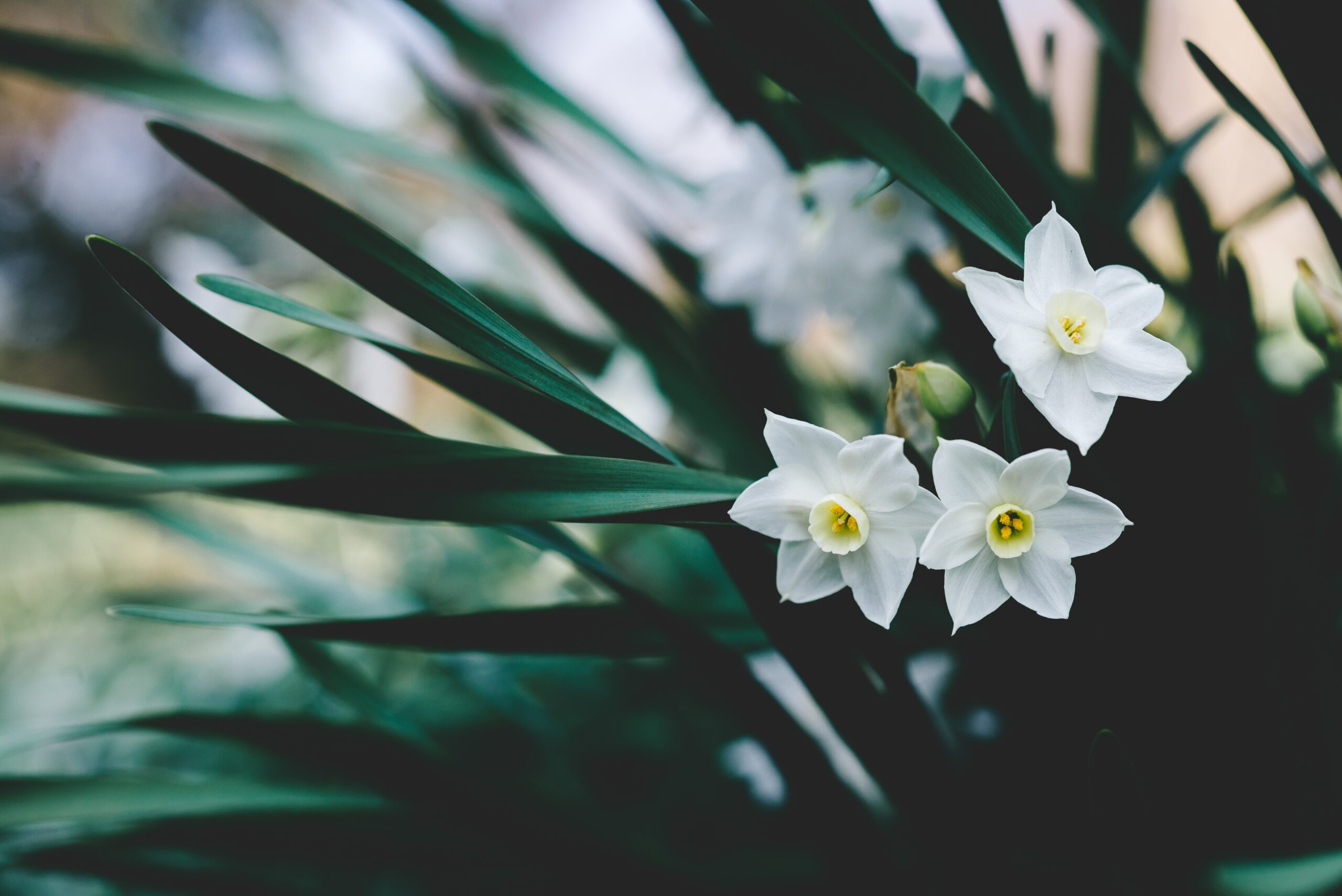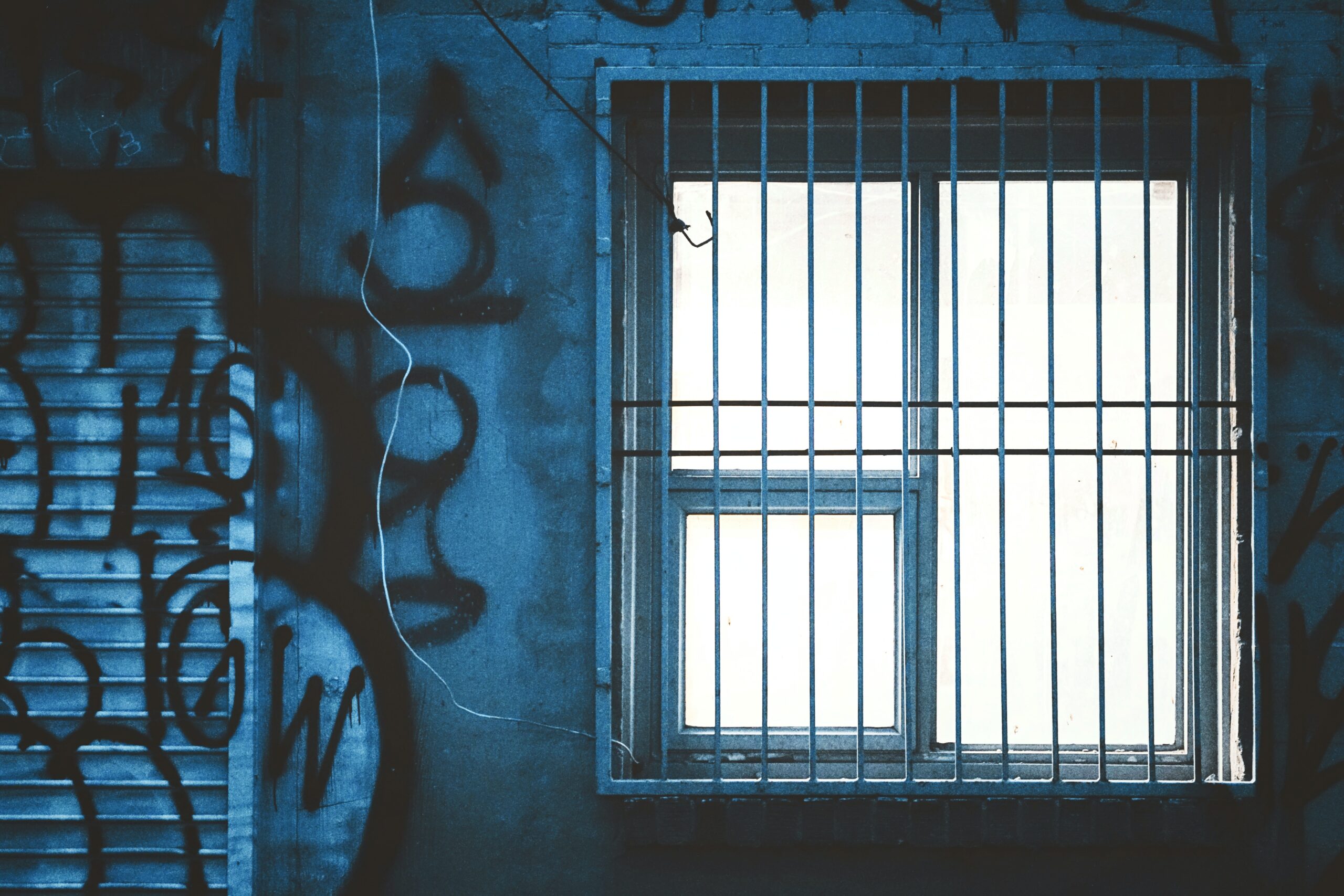As a finely stylized Japanese film of the Jidaigeki genre, a period piece like so many of its samurai brethren, The Ballad of Narayama stands out nonetheless as an early amalgam of the theater and the cinema. It is an artful filming of the eponymous novella by the Japanese writer Shichirô Fukazawa, itself adapted from the Japanese legend of the practice of what is called obasute, the ritual killing of the elderly, whose offspring take them to a mountaintop or a desolate place where they can pine away. Directed by Keisuke Kinoshita and released in 1958, The Ballad of Narayama combines stark colors and the simplicity of the legend with…
-
-
A variant of the earlier Late Spring, which features the hallowed and iconic actress, Setsuko Hara, alongside the mainstay of its director, Chishû Ryû, An Autumn Afternoon still has its own unique claim to individuality, and it is no less moving than its predecessor. If I had to choose between them (a difficult choice since both are moving masterpieces) I would watch An Autumn Afternoon, saving Late Spring for a later date; the former is to me more contemplative than the latter, and dissipates more the headlong feeling of the daily rush of life, exemplifying the fine sensibility and artistry of Yasujirô Ozu. This film reaches a pinnacle of the…
-
Inaugurating the late period of his creative production, Late Spring bears those hallmarks that were to acquire worldwide renown, the signature of the Japanese master craftsman, Yasujirô Ozu: waist-high static shots above the tatami mat; long takes lingering on the composed resignation of the characters; “pillow shots” as exterior cutaways to the environs; the glacial, deliberate pacing that sees the ineluctable resignation of those that have to confront their fates. The films of Yasujirô Ozu are so substantial because they make no attempts to be what they are not; the conservative quietism characteristic of his films is that of a humane and patient sensibility, convinced that the lives of human…
-
As an unprecedented success overtaking Titanic at the Japanese box office and becoming the highest-grossing film in Japanese history, winning worldwide acclaim and the Academy Award for Best Animated Feature, Spirited Away has since solidified its stature as the preeminent Japanese animated film—an amalgam of dreamlike Japanese myth that has surpassed what is Japanese, exhibiting a timeless universality. The story is that of a girl, Chihiro, who follows her parents into what seems to be a derelict amusement park that they have discovered, having strayed from the highway into the dense thickets of an eerie woodland. After spotting a buffet stall, her parents begin eating, and Chihiro, wandering on her…










